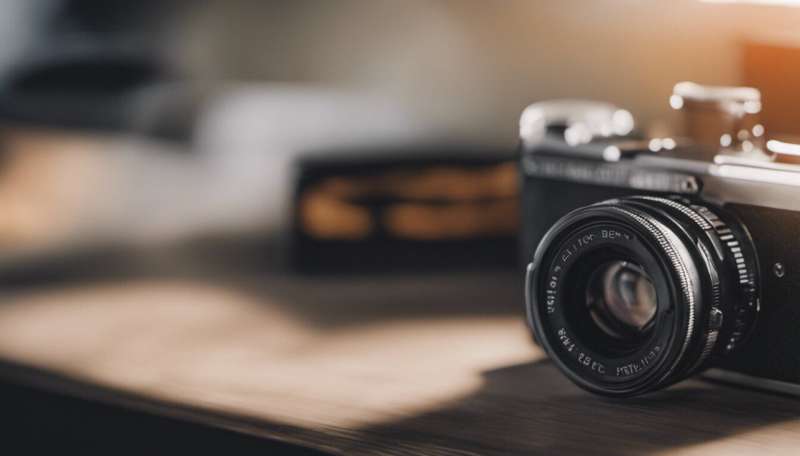Scratching the surface: why skin allergies make us itch

A Yale-led team of researchers has identified the protein that controls inflammation and the urge to itch in people who suffer from contact dermatitis due to exposure to poison ivy and other allergens. The study appears in the Journal of the Federation of American Societies for Experimental Biology.
Contact dermatitis is an uncomfortable skin condition—a reaction to certain allergens and other foreign substances. It's characterized by hypersensitivity of the skin, inflammation, and intense itching. One of the most commonly encountered allergens is that produced by poison ivy, oak, and sumac. Contact dermatitis affects more than 10 million people a year in the United States. Itching associated with contact dermatitis is often resistant to treatment with antihistamines, and other treatment options have side effects or are ineffective.
The Yale team studied the scratching behavior in mice given allergens to induce inflammation and itching. The researchers found that mice without the TRPA1 protein, an ion channel that controls itch-sensing nerves, scratched much less and showed a much weaker allergic reaction.
"These findings support a central role for TRPA1 in controlling inflammation and the itch response in allergic contact dermatitis," said lead author Sven-Eric Jordt, associate professor of pharmacology at Yale School of Medicine. "Drugs targeting TRPA1 and its regulators are promising leads as we try to identify new anti-itch treatments."


















